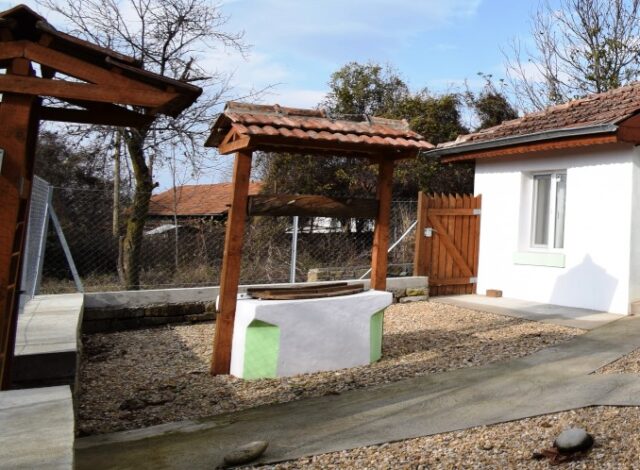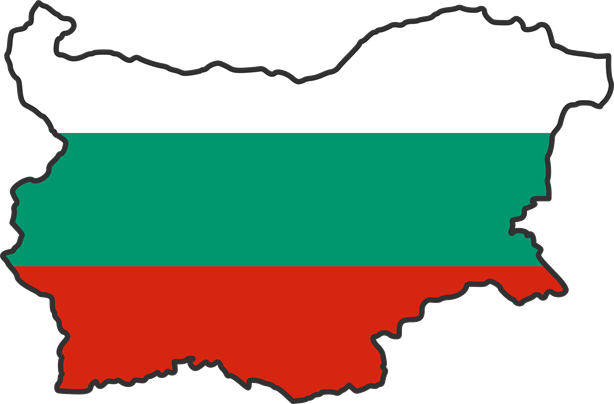Bulgarian property prices have dropped by almost 50 pc since the beginning of the financial crisis, say realtors. Bulgarian houses and apartments are sold at low prices. This why most buyers who waited for the prices to come down, are buying now. Even in August, a month that seems to be slow for the property market, there are plenty of buyers. These are generally people who have waited for the prices to drop enough, so they could invest their savings in larger and cheaper housing.
For the Bulgarian capital and the larger Bulgarian cities and towns the average sale prices of Bulgaria homes have fallen by about 20 Euros per square meter since the beginning of this year. Most sought-after are one-bedroom apartments within the price range of 35,000 to 45,000 Euros, however buyers struggle to find good properties within this price range, especially when they are looking for newly-built properties.
Rental prices are not expected to go up, agents predict. Even though August and September are the most lively months on the rental market (especially for apartments in Bulgaria), the supply of rentals exceeds the demand. In Sofia, for example, properties close to the newly-built metro stations are more attractive than the old apartments in the centre.
Since 2008 the rental prices have declined by a third and are not expected to go up, experts predict. This is due to the fact that alongside the old apartments in the centre and other residential areas, newly-built apartments, bought during the recession namely because of their investment potential, are also offered on the market.
And in recent months, buyers and renters express their preference towards new buildings close to transport links, areas with low crime rate and local amenities, such as schools and kindergartens.



